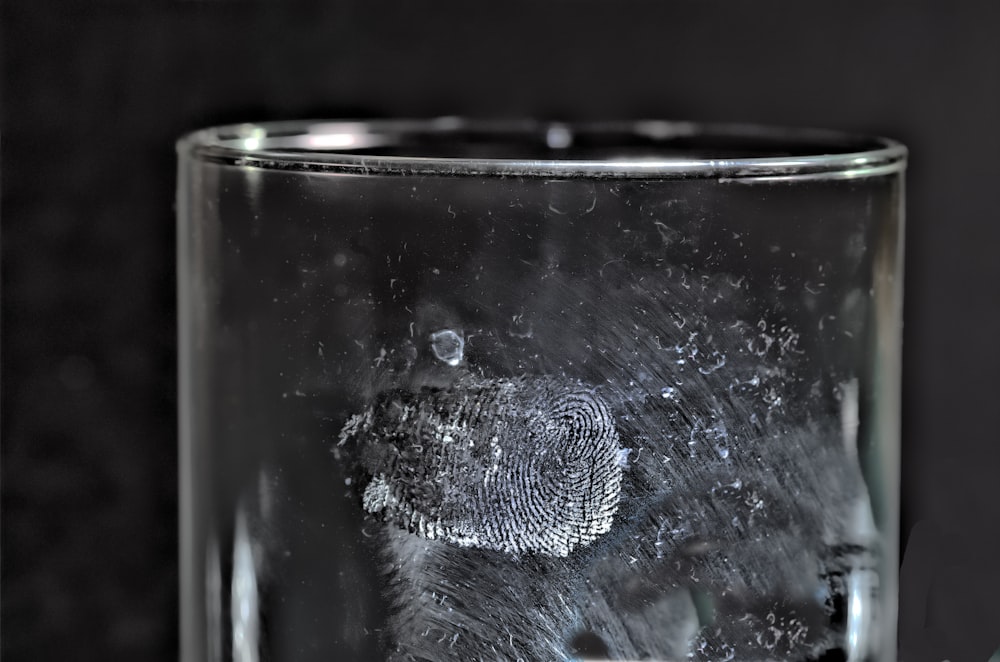SPD print tech mishandled evidence, falsified lab records
A latent print supervisor called an identifcation specialist a "liability" after identifying multiple safety, chain of custody and ethics violations.

A Seattle police fingerprint technician is on paid leave pending an investigation into alleged negligence and ethics violations his supervisors discovered earlier this year, according to documents obtained by DivestSPD. Among other things, the technician is accused of “dry labbing”—reporting results for tests he did not do—which his supervisor compared to “a sworn officer tampering with evidence, planting evidence, and falsifying reports.”
The technician first drew scrutiny in February when a routine audit found he had stored evidence in the latent print storage past the 30-day limit. He was on medical leave, so a supervisor finished processing three of the technician’s cases, finding “nonconformities” in all of them.
The supervisor’s review found that the technician failed to document processing steps, mislabeled evidence, and recorded results for processes that he had not completed.
Later that month, a senior print examiner discovered that the technician didn’t accurately document the transfer and location of evidence. Failure to do so could potentially render evidence inadmissible in court. A supervisor reviewed the associated cases and again found multiple issues.
When the technician returned from leave in April, the latent print office relieved him of his processing duties until he could complete a period of retraining, evaluation, and observation. This included a mandatory competency test, which he failed.
The proctor noted sloppy and incomplete record-keeping as well as significant safety issues, such as putting multiple chemicals in the same tray. Most notably, the technician documented processes that did not occur, which is a severe breach of forensic ethics. In her complaint, his supervisor emphasized that “best practice, ethics, and SOP dictate that no process should be documented before they are completed and have a result. This is considered "dry labbing."
The unit’s leadership appears to be unsure if the technician’s work was always deficient or if he just started phoning it in at some point, and it’s currently unclear precisely how many cases are affected.
After the technician failed the test, his supervisor was required to notify the King County prosecutor, SPD Legal Services, and the national accreditation body. The latent print unit conducted a random review of cases he handled, and it found some things that were “extremely concerning.” In one case, the technician reported that he conducted black powder processing on 18 items of evidence when he did not process any of them.
This has created a massive headache for the unit. When the complaint was filed in May, the latent print office was still auditing random samples of his cases in an effort to “discover a time period where non-conformances were not occurring.”
The unit’s leadership appears to be unsure precisely when the technician started phoning it in, and it’s currently unclear exactly how many cases are affected. He was hired in 2017.
The Office of Accountability is investigating the complaint under 2023OPA-0230. The public-facing OPA database on the city website shows sustained findings on all allegations, but the case is still active and the technician appeared on the roster as recently as Dec. 9.
Considering the severity of the allegations, he will almost certainly be fired. According to the complaint, he will be placed on the King County Brady List, which means the details of this investigation must be disclosed to defense attorneys in any case he touches. He will likely lose his accreditation if he has not already.
Other SPD civilian employees have been fired for less. In 2022, the department terminated an evidence warehouser for handling a gun without latex gloves and passing it around to other officers.



Paid leave, otherwise kniwn as vacation.